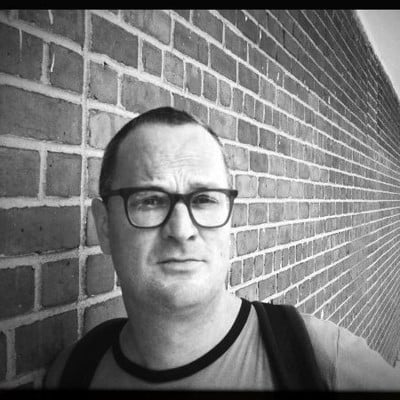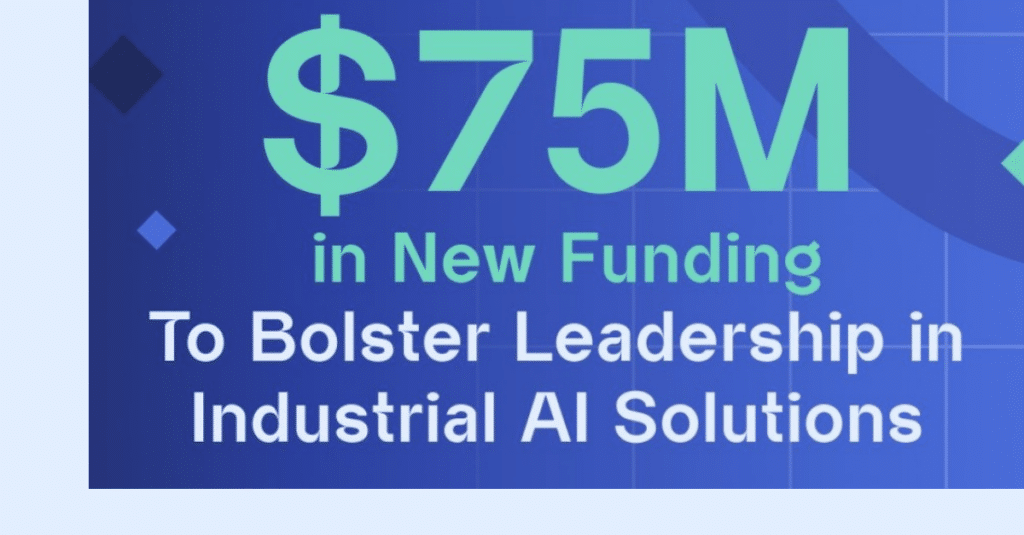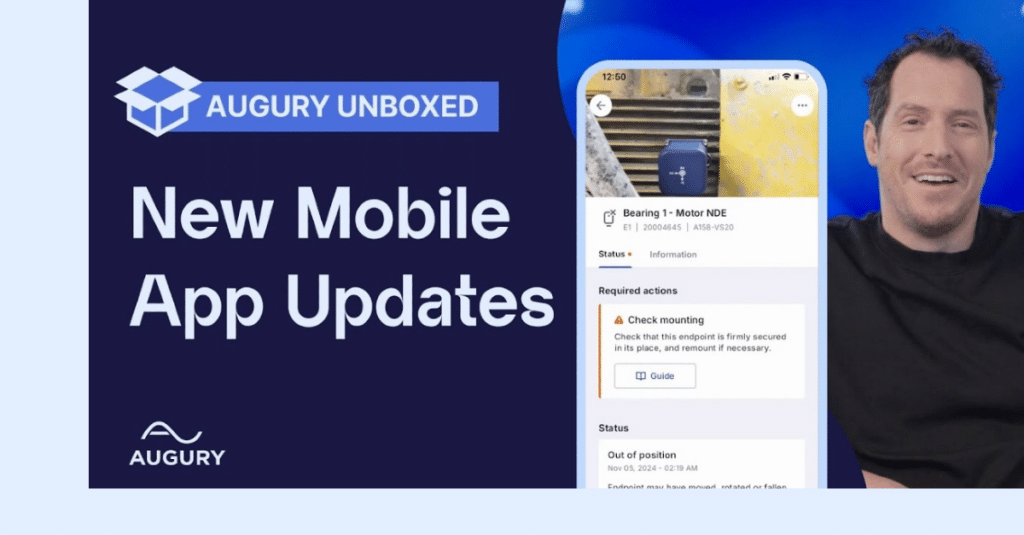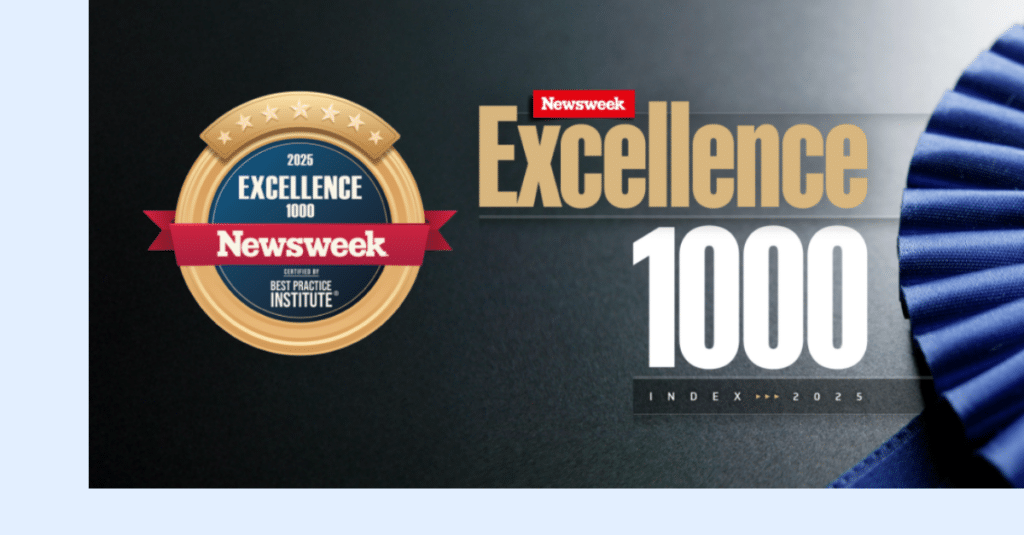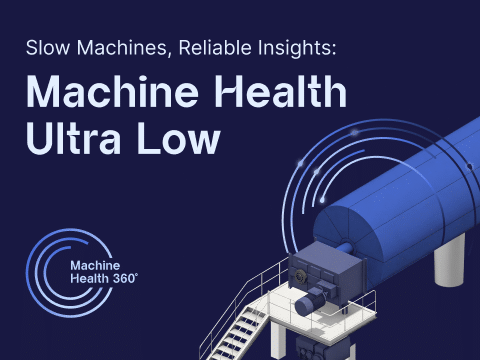
As Augury gears up to celebrate its 10th anniversary, Co-Founder and CTO Gal Shaul looks back at his “jungle gym of a career path” – from film projectionist, to saving his first machine using solely AI, to developing an effective tech strategy, to helping clients believe in their own ability to transform. “Through the rapid innovation we see in the tech industry today, we can have an almost immediate impact. But yes, Augury took 10 years to make a real impact on the market. I thought it would take shorter. You learn as you go,” smiles Gal.
What was your first job?
I was a very young fencing instructor but that was more of a barter arrangement. My first real paid job was as projectionist at a cinema – very Cinema Paradiso style. It was actually very intense trying to change the reels on time. I must have watched Face/Off around 500 times. But what I remember most is eating too much popcorn.
Did you always want to work with technology?
No. I was in the navy for seven years. I was a running instructor for a while. I worked for an NGO with kids for two years. And now I’ve been in tech for around 14 years. It attracted me for its ability to have an impact on people’s lives – to inspire real change. Through the rapid innovation we see in the tech industry today, we can have an almost immediate impact. But yes, Augury took 10 years to make a real impact on the market. I thought it would take shorter. You learn as you go.
What kind of education did you have?
I graduated from the Naval Academy. Later, I got a BSc in computer science at the Israel Institute of Technology – The Technion. That’s it… Oh, and I’m also officially certified as a running instructor.
So what was the career path that led you to Augury?
I see it more as a jungle gym than a career path. I was always very interested in science and technology and read a lot about it. I was also always curious about people, which attracted me to look at leadership roles. I ended up going back-and-forth between management and science a lot – for instance, I also spent a few years as a firmware developer.
But once I teamed up with Saar [Augury Co-Founder and CEO Saar Yoskovitz], I quickly realised that starting a company is very different from being a developer or a manager. I must say that I’ve learned much more in the last 10 years than all the years before.
What do you consider your greatest career achievement?
For Saar and I, seeing how casual and integrated it all was and how much it improved their working life, it was amazing.
The first machine that was saved solely by AI – without any human in the loop. This happened in early 2019. It’s the day I remember the most. For the customer it was just a regular day: they were looking at the platform, saw a detection, and saw what they had to do to repair it – and still be home on time to take their kids to Little League. But for Saar and I, seeing how casual and integrated it all was and how much it improved their working life, it was amazing. It was what we were driving after for a long time. The circle had become round.
What type of CTO are you?
I am not just helping lead the tech innovation side but also foster a culture of innovation.
I like to think of myself as a very operational, hands-on CTO. But I always keep a special corner of my heart, as well as my day-to-day, for new innovation. At Augury, we believe that innovation is the main driver of growth – whether it’s the technology, the product, the business or the culture. So, I am not just helping lead the tech innovation side but also foster a culture of innovation.
Which emerging technology do you find most exciting at the moment?
I think in a few short years, we will be unable to remember how things used to be, because it will all be so different.
I’m really excited about the movement around AI – especially Edge AI that can actually work at the endpoint and use models as accurate as those using data from a platform. It will enable us to make many new transitions in the market. I’d also add 5G on top of that: it enables so much progress around IoT and what Augury is building. I think in a few short years, we will be unable to remember how things used to be, because it will all be so different.
What emerging technologies do you consider overhyped?
Augmented Reality – unfortunately. There’s a huge potential but the tech is still unable to live up to the dreams. It’s easy to imagine use cases since it could be so helpful in contextualising environments. But it’s harder to imagine their use in daily life – where an army of 14-year-olds jump on board. For that kind of change, it needs to be either very seamless or so transformative that people are willing to go out of their way to do it. But we’ll get there. AI also had these hype cycles that included long gaps whenever reality hit.
And what is Augury working on that has you the most excited?
We’re working on a new use case, which involves very different machines than we usually work with. People were very sceptical that it could have an impact but it actually showed real value very quickly. So, that is always exciting on a tech level…
And on a company level, what’s most exciting?
It was moving to hybrid after Covid hit. We’re scaling fast and we hired 50% of our team during Covid – so we haven’t met a lot of the people in real-life yet. Before, we were very much a company that was together a lot and creating these deep relationships. We wanted to keep that. And now, it’s still very challenging on all sorts of levels to work in a hybrid mode that works for everyone and respects everyone’s location. But it’s working! I think it’s about creating situations where you can still build these relationships, while also calling out what doesn’t work and changing it.
How is Augury balancing digital transformation with customer experience and revenue growth?
Realizing that we could actually provide big pieces of the customer’s strategy as-a-service was very transformational for us.
At first, our entire machine health business and innovation was around digital transformation in manufacturing. It was how we brought everyday value to our customers. It’s where we are playing and what we are part of: to bring digital transformation to their supply chain as manufacturers. But as we became more aware of the problems they were facing, we realised it was about making a business transformation more than anything else. New processes needed to be developed and new mindsets created and shifted – while keeping a close eye on their success. So now we work a lot in change management so we can better help balance this new world of data science with traditional manufacturing – bringing both sides to the table. Realizing that we could actually provide big pieces of the customer’s strategy as-a-service was very transformational for us.
What do you consider the biggest advantage you are giving customers at the moment?
Helping them see the value of the adoption for their company. For them to see that we’re there and it’s helpful – so they themselves will be able to make the transition. They have to believe us first, before being able to believe in themselves.
How do you align your technology goals with your business goals?
We are very busy with this. 1) We work in cross-functional teams that are each working towards a specific business goal from a specific offering. 2) We align the company’s architecture – or marketecture – with how we believe the ecosystem is heading. 3) We try to optimize flexibility not around the app but around the platform so we can shift to a new business goal as they arise more quickly and with less of a hump.
How do you align product/service strategy with tech strategy?
Sometimes it’s hard with the time domain. First you have to understand where the technology is headed, and then it becomes a race. Of course, you have a vision on what would make the perfect product. But how much time do you have? Sometimes you need to put faster iterations to the market at the expense of being more flexible. These are hard decisions that impact a lot of people and sometimes they impact the pre-work that needs to be done. For times when urgency matters, you just have to pay that price later.
What makes an effective tech strategy?
I think it’s the balance between short-term and long-term, between being able to be flexible while meeting business needs and creating robustness for the future. An amazing tech strategy also works to educate the customer on what their platform could or should look like. It comes down to having a good take on where both the market and technology are headed,
How do you see the role of CTO evolving in the future?
You need an internal infrastructure that’s flexible enough to allow these disruptions to bubble up to essentially kill your existing offering.
With the increasing pace of innovation, you will need to get better at disrupting your own products. You need an internal infrastructure that’s flexible enough to allow these disruptions to bubble up to essentially kill your existing offering. You shouldn’t fear this, you should support and embrace it. Because if you don’t do it, someone else will.
Looking back, what would you have done differently?
We could have been more aggressive in scaling the business in different directions. Hire faster. Go hybrid faster. We could have started earlier and come out with more conviction to grow even faster. But even though it’s our bread and butter: predicting the future is hard.
What are you reading now?
Here, it’s also about getting the balance right: Just Work: Get Sh*t Done, Fast & Fair by Kim Malone Scott and The Art of Loving by Erich Fromm.
Any secrets to share?
Few people know that I’m into philosophy. Most people also don’t know I work from a forest every Thursday morning. I also don’t like sleeping. I understand it’s important but I still don’t like how we lose eight hours a day. I try for four but it doesn’t always work out.
Any spare time for hobbies?
I spend time with my kids. I love running and hiking in nature. I love sitting in bars listening to rock music – with beer. I also love sailing but I have no time for it these days. Sometimes you have to make choices…
What do you hate to do?
Bureaucracy. I’ll do anything else. Like with sleep, I understand it’s important and I appreciate other people who can do it. It’s just not for me.
Read more about about Gal’s leadership philosophy: ‘Making Your Eureka Moment Last a Lifetime‘.
